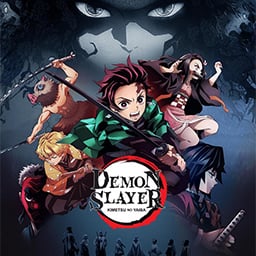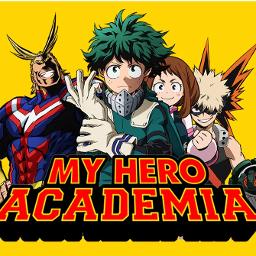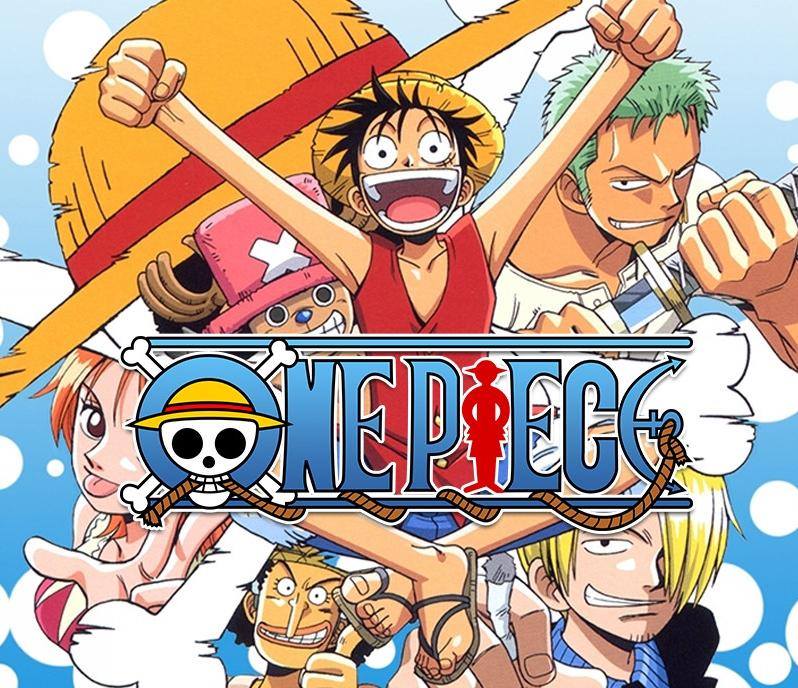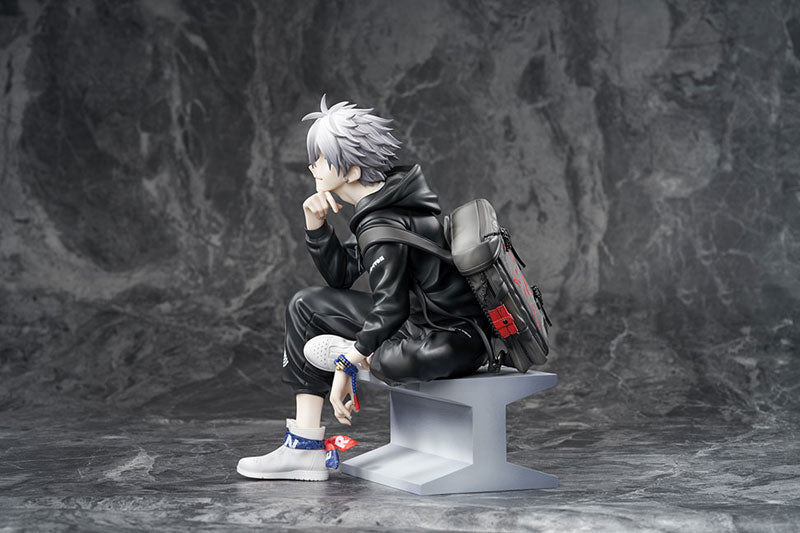Hideaki Anno Evangelion Director and Producer
Hideaki Anno (born May 22, 1960) is one of Japan's greatest animators. He was born in Ube, Yamaguchi Prefecture. He is world-renowned as the creator of the Evangelion television series, a franchise that has achieved enormous success both domestically and internationally. In addition to animation, he is also known as an artist, director, writer, actor, and producer. He is currently the founder and president of the production company Studio Khara, Inc.
Background and early career
Anno was interested in art and production from a young age. During his early high school years, he was known for his keen interest in creating artwork and short films for local Japanese culture festivals. His formal career began while he was a student at Osaka University of the Arts. There, he created animated series and films such as "The Super Dimension Fortress Macross" and the "DAICON" series. He created animated short films with other university students such as Yoshiyuki Sadamoto , in which he would later establish an animation studio.
Anno's moment of fame came when he was recognized for his work on Hayao Miyazaki's 1984 film Nausicaä of the Valley of the Wind. Although a young, fledgling animator, Hayao Miyazaki was impressed by Anno's talent and was entrusted with the responsibility of drawing the animation for the film's final pivotal scenes.
Shortly after, Anno co-founded the animation production studio GAINAX in December 1984. He led the studio in releasing projects that would later become famous works such as "Royal Space Force: The Wings of Honneamise" (1987), Gunbuster (1988), and "Nadia: The Secret of Blue Water" (1990-1991).
Production of Evangelion
Anno's fame was further bolstered by his work on and creation of the globally influential anime series Neon Genesis Evangelion (1995–1996). Development on the series began in 1993 when Anno was casually drinking with Toshimichi Otsuki, a representative from King Records. Anno was given a time slot during which he could broadcast "anything, anything." Anno borrowed storylines and structures from his previous works and also drew inspiration from several of his favorite anime, such as Space Battleship Yamato, Mobile Suit Gundam, and Devilman, among others. Thus, the Evangelion franchise began.
However, during the production of the series, Anno faced many challenges. With tight deadlines, the original scripts were scrapped, and the ending was changed just three months before the official television broadcast. The total number of enemies in the series was changed to 17 instead of the originally planned 28. Budget restrictions, scheduling issues, and a lack of resources within GAINAX studio caused major setbacks and obstacles for Anno.
In addition to these constraints, Anno himself was going through a period of clinical depression. This condition was the source of many of the psychological elements depicted in the series, the characters, and especially the ending of the series.
Evangelion was received with mixed praise and critical acclaim. It also generated much controversy to this day. However, Evangelion is still considered the catalyst for Otaku culture worldwide and has won numerous awards such as "Most Loved Series" at the 1996 Anime Grand Prix. The Evangelion series ' TV series , manga, film, and related merchandise have achieved record sales in both Japanese and international markets, selling over 150 billion yen by 2007.
Career after Evangelion
After the production and success of Evangelion, he continued to create new television anime series such as "His and Her Circumstances" in 1998. He also directed live-action films such as Love & Pop (1998) and Cutie Honey (2004). In addition, he was an actor and created storyboards for a large number of other projects. In September 2006, he was once again back in the production team of Evangelion when GAINAX released a series of Evangelion films, the Rebuild of Evangelion.
In May 2006, Anno founded Studio Khara , a studio independent of GAINAX and despite the ongoing releases of Evangelion. In October 2007, Anno resigned from GAINAX while continuing to work on Evangelion.
His most recent and well-known releases are Shin Godzilla (2016) and the 4th and final installment in the Evangelion Rebuild series, Evangelion: 3.0+1.0 (2020).
Animated filmography
Here's a look at Hideaki Anno's extensive background and history in the production industry.
Director and screenwriter
- Gunbuster (1988)
- Nadia: The Secret of Blue Water (1990-1991)
- Neon Genesis Evangelion (1995-1996)
- Neon Genesis Evangelion: Death and Rebirth (1997)
- The End of Evangelion (1997)
- Kare Kano (Her Situation and That of Her Husband) (1998)
- Love and Pop (1998)
- Shiki Jitsu (2000)
- Anime Tenchou (2002)
- Ryusei Kacho (2002)
- Submarine 707R (2003)
- Cute Honey (2004)
- Re: Cute Honey (2004)
- Gunbuster vs. Diebuster (2006)
- Evangelion: 1.0 You Are (Not) Alone (2007)
- Evangelion: 2.0 You Cannot Advance (2009)
- Evangelion: 3.0 You Can't (Re)Do (2012)
- Godzilla, the hero of the saga (2016)
- Evangelion: 3.0+1.0 (2020)
- Shin Ultraman (2021)
Producer
- Madox-01 (1987)
- Re: Cute Honey (2004)
- Rebuild of Evangelion (2007–2020)
- Kantoku shikkaku (Documentary) (2011)
- A Giant Warrior God Appears in Tokyo (Short Film) (2012)
- The Dragon Dentist (Short Film) (2014)
- Hill Climb Girl (Short film) (2014)
- Carnage (Short Film) (2014)
- 2-month deposit, no pets allowed (2014) (Short film) (2014)
- Yamadeloid (Short Film) (2015)
- Evangelion: Another Impact (Short Film) (2015)
- Sex and Violence at High Speed (short film) (2015)
- Neon Genesis: Impacts (Short Film) (2015)
- Cassette Girl (Short Film) (2015)
- The Dragon Dentist (2017)








